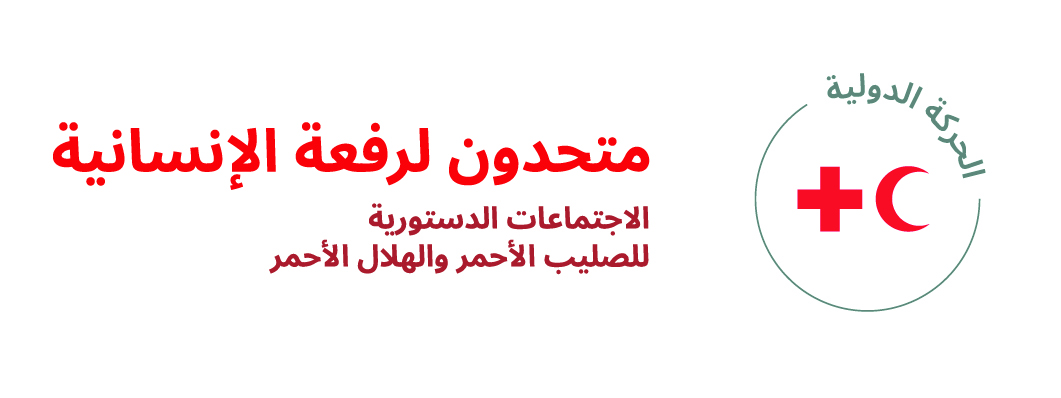الإجراءات المتخذة:
The Netherlands Red Cross received the Block Allocation for 2015-2017 for a total of 45 million Euros. The Netherlands Red Cross is appreciative of the Netherlands Government for this support to funding humanitarian programmes in response to disasters and crises worldwide.
The Block allocation is a funding mechanism that has been in place since 2008 between the Netherlands Ministry of Foreign Affairs (MoFA) and the Netherlands Red Cross (NLRC) and regulates the framework for the funding of humanitarian programmes in response to disasters and crises worldwide. This has been implemented to the satisfaction of the Movement and MoFA. A recent evaluation underscored that “the Block allocation funding mechanism is consistent with the internationally accepted humanitarian principles. It is also in line with the principles of the Good Humanitarian Donorship Initiative and particularly adheres to good practices in donor financing especially management and accountability. The core idea behind the Block Allocation was to ensure speedy, predictable and flexible contributions for response to disasters. The current response time to requests from NLRC is fast, often less than 2-4 days. The funding decisions are transparent and hence predictable for both NLRC and the International Federation of Red Cross Red Crescent Societies (IFRC).”
Within Dutch society and parliament there is widespread support for Humanitarian Aid. The block allocation provides MoFA and NLRC (and its Movement partners) with an efficient mechanism to make swift decisions on funding for early action and emergency response making use of the extensive international network of Red Cross and Red Crescent Societies that will respond immediately. Well-developed criteria and agreements allow NLRC and MoFA for timely and flexible contributions to disaster and crises responses. The funding decisions within the block allocation are transparent and hence predictable, which makes it a very valuable mechanism.
A case-study developed by the Netherlands Red Cross and the International Federation of Red Cross and Red Crescent Societies on the importance of unearmarked funding for emergency operations, shows the significance of unearmarked support from the Netherlands Government for the RCRC and its emergency response. The case study on Bangladesh makes it evident that it has contributed to more efficient operations, swift decision-making and that it enhances holistic approaches. Unearmarked funding for emergency operations allows addressing real-time needs, in line with the humanitarian principles and working in a swifter and less costly manner. Supported by examples from emergency operations, there are seven strengths of unearmarked funding:
- Adherence to humanitarian principles and needs
- Allows program adaptability in changing environments and contexts.
- Ensures timeliness and efficiency, saves time on negotiations and saves administration costs
- Encourages holistic and inclusive programming and approaches
- Allows for financial and system tracking
- Prevents overlap and contributes to more relevant assistance
- Supports Grand Bargain commitments




